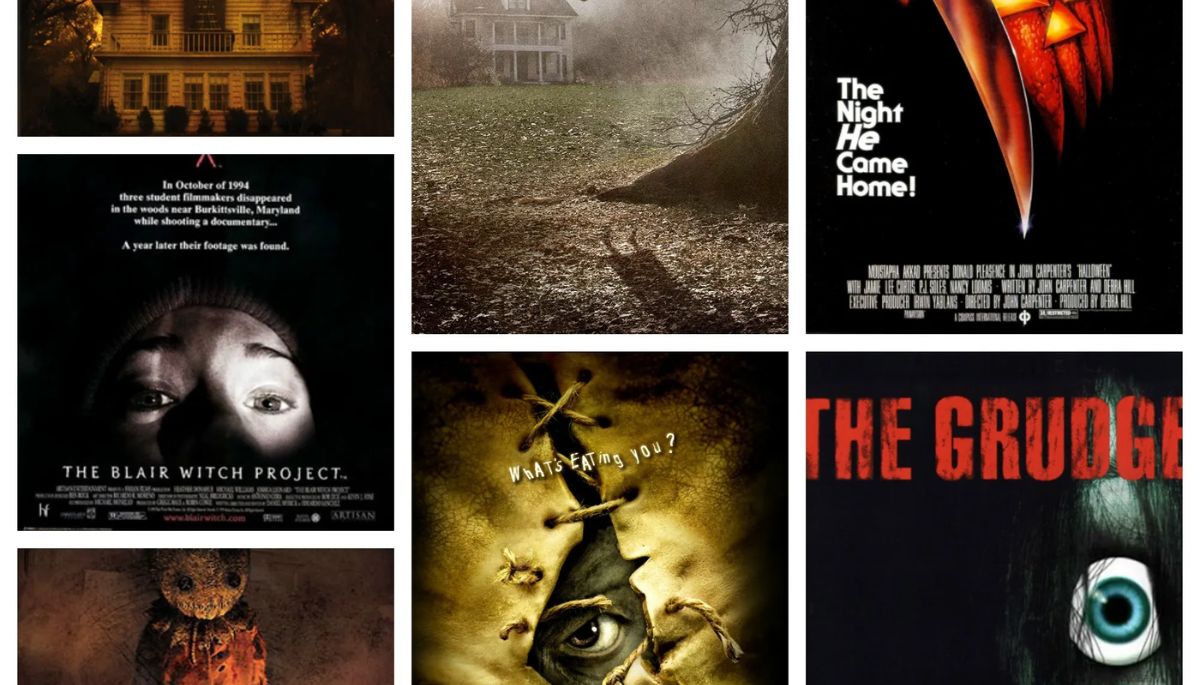Horror entertainment has captivated audiences for generations, but what drives our fascination with the genre?
Recent research sheds light on the psychological factors that make some of us crave scary experiences while others shy away.
Let’s explore the science behind our love for horror and its unexpected benefits.
The Allure of Fear: Why We Seek Horror
Horror entertainment provides a unique form of stimulation, activating both positive and negative emotions simultaneously.
This paradoxical response creates an exhilarating experience, with the most pleasure often occurring at the peak of fear.
Which is the best horror movie out of these four ⁉️ pic.twitter.com/XRbnlCTUHu
— 𝕯𝖆𝖒𝖎𝖊𝖓 (@mrspookyhorror) July 25, 2024
The biochemical changes triggered by fright, such as adrenaline release, contribute to heightened sensations and surging energy.
Additionally, horror offers novel experiences that satisfy our curiosity about the darker aspects of human nature.
From zombie apocalypses to alien invasions, these fictional scenarios allow us to safely explore alternative realities and confront the extremes of the human condition.
The Protective Frame: A Psychological Shield
To truly enjoy horror, researchers suggest we need a psychological “protective frame” consisting of three key elements:
Safety frame: The belief that we’re physically safe from the depicted threats.
Detachment: The ability to psychologically separate fiction from reality.
Control: Confidence in managing perceived dangers.
Lacking any of these elements can diminish our ability to derive pleasure from horror experiences.
Who Thrives on Terror? Individual Differences in Horror Enjoyment
Several factors influence an individual’s preference for horror:
Sensation-seeking trait: Those with a higher need for thrill and excitement tend to enjoy horror more.
Openness to experience: A stronger affinity for imaginative activities correlates with increased horror consumption.
Empathy levels: Less empathetic individuals may find horror more enjoyable.
Age and gender: Younger people and men are generally more drawn to horror, though preferences vary.
The Wealth Factor: Economic Development and Horror Consumption
Intriguingly, research analyzing movie box office data from 82 countries revealed that individuals from nations with higher GDP per capita consumed more horror content.
This pattern suggests that financial resources may strengthen the psychological protective frame needed to enjoy horror.
Hidden Benefits of Horror: More Than Just Thrills
Beyond entertainment, consuming horror can offer unexpected advantages:
Romantic catalyst: Shared horror experiences can enhance feelings of attraction between partners.
Social bonding: Group horror consumption releases oxytocin, fostering closeness among friends and family.
Post-horror relaxation: The relief following a scary experience triggers endorphin release, promoting feelings of relaxation and refreshment.
Understanding Your Horror Tolerance
As you reach for the remote or consider that haunted house visit, keep the psychological protective frame in mind.
Which is your favorite horny horror movie out of these four ⁉️ pic.twitter.com/PMTBdow88k
— 𝕯𝖆𝖒𝖎𝖊𝖓 (@mrspookyhorror) July 25, 2024
If you’re unsure about the fictional nature of the content or feeling less than confident in your control, it might be wise to opt for a comedy instead.
By understanding the psychology behind horror consumption, we can better appreciate why some of us crave the heart-pounding excitement while others prefer to keep the lights on.





[…] that true crime obsession is “rotting our brains” by keeping audiences in a state of perpetual fear and […]